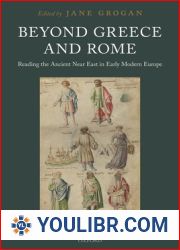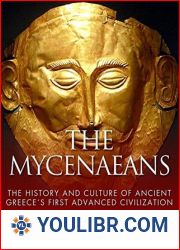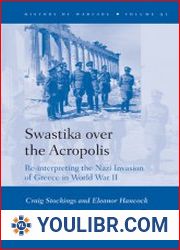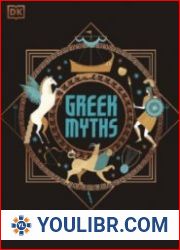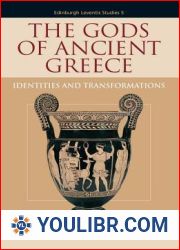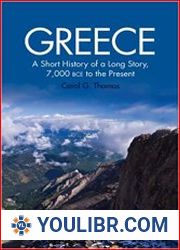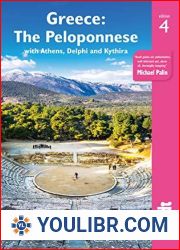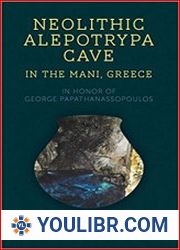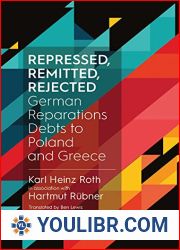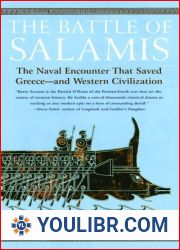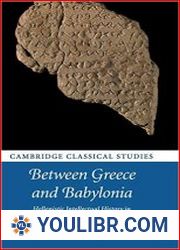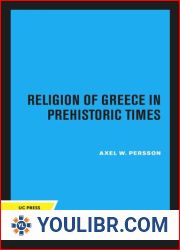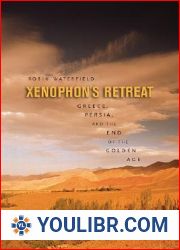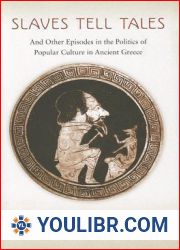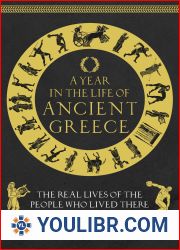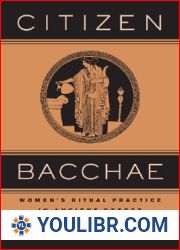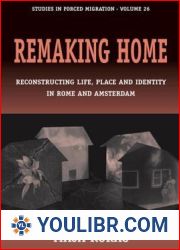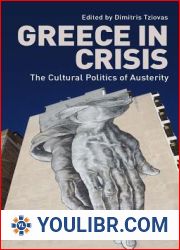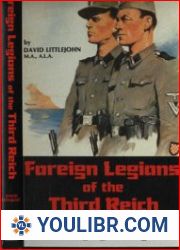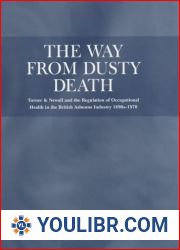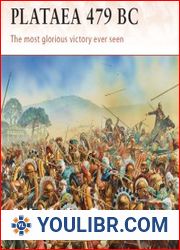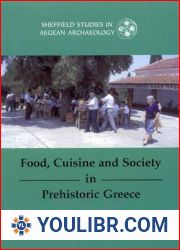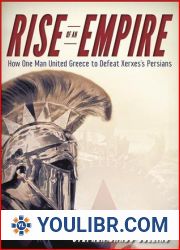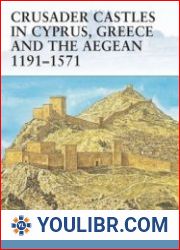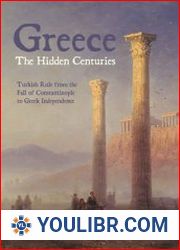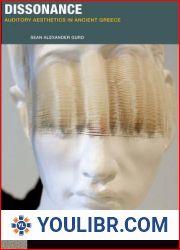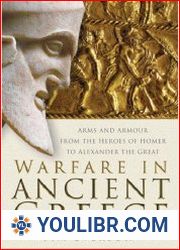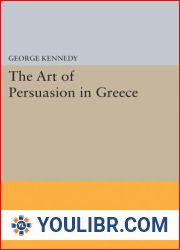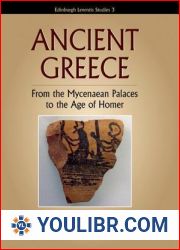
BOOKS - Beyond Greece and Rome: Reading the Ancient Near East in Early Modern Europe ...

Beyond Greece and Rome: Reading the Ancient Near East in Early Modern Europe (Classical Presences)
Author: Jane Grogan
Year: June 23, 2020
Format: PDF
File size: PDF 4.7 MB
Language: English
Year: June 23, 2020
Format: PDF
File size: PDF 4.7 MB
Language: English
Though the subject of classical reception in early modern Europe is a familiar one, modern scholarship has tended to assume the dominance of Greece and Rome in engagements with the classical world during that period. The essays in this volume aim to challenge this prevailing view by arguing for the significance and familiarity of the ancient near east to early modern Europe, establishing the diversity and expansiveness of the classical world known to authors like Shakespeare and Montaigne in what we now call the 'global Renaissance'. However, global Renaissance studies has tended to look away from classical reception, exacerbating the blind spot around the significance of the ancient near east for early modern Europe. Yet this wider classical world supported new modes of humanist thought and unprecedented cross-cultural encounters, as well as informing new forms of writing, such as travel writing and antiquarian treatises; in many cases, and befitting its Herodotean origins, theancient near east raises questions of travel, empire, religious diversity, cultural relativism, and the history of European culture itself in ways that prompted detailed, engaging, and functional responses by early modern readers and writers. Bringing together a range of approaches from across the fields of classical studies, history, and comparative literature, this volume seeks both to emphasize the transnational, interdisciplinary, and interrogative nature of classical reception, and to make a compelling case for the continued relevance of the texts, concepts, and materials of the ancient near east, specifically, to early modern culture and scholarship.







